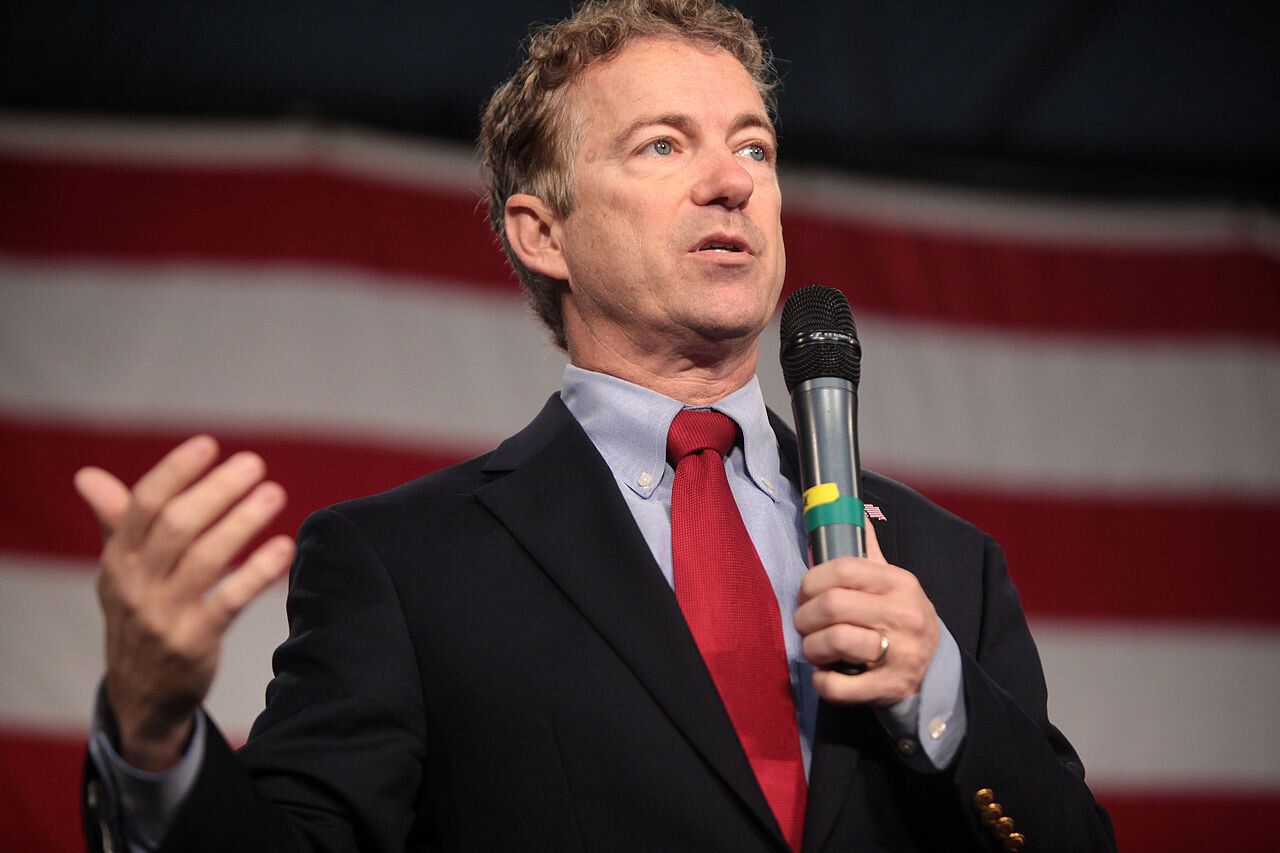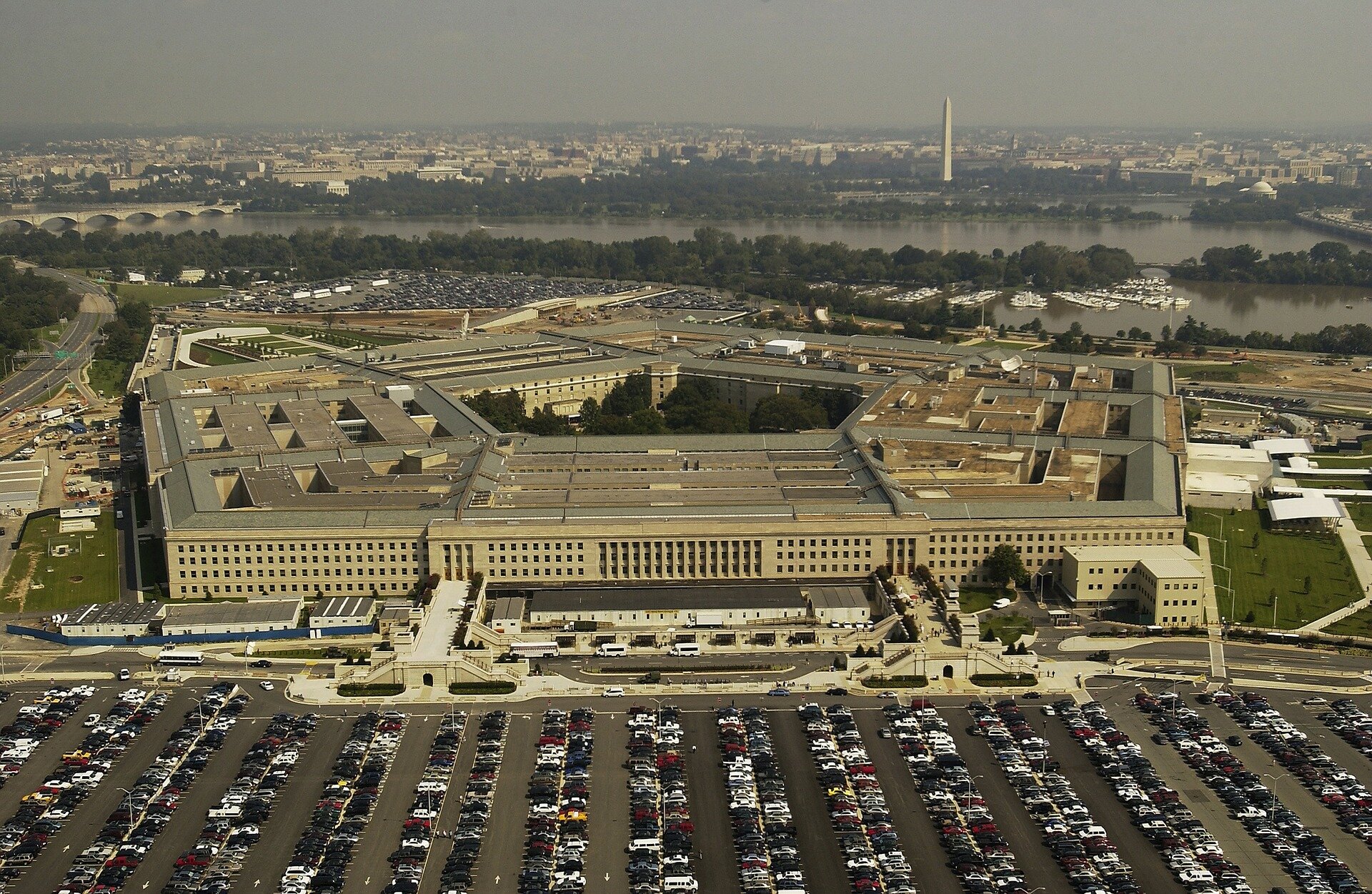WASHINGTON D.C., December 23rd, 2020. Exercising his presidential veto, President Trump has sent back the National Defense Authorization Act for Fiscal Year 2021, the budget for all branches of the military as well as many intelligence divisions, without his signature.
His grievances were that the bill did not align, he said, with his Administration’s stated national security objectives, focused around “Great Power Competition,” with Russia and China, and “opposition to endless wars”.
In a statement released on the veto, Trump said the act “contradicts efforts by my Administration to put America first in our national security and foreign policy actions”.
Chief among his concerns were provisions introduced by a bipartisan coalition to prevent the President from withdrawing troops from Afghanistan as part of the peace deal with the Taliban, as well as South Korea, and Germany.
The veto comes after a brouhaha earlier in December when anti-interventionist Senator Rand Paul (R – KY), filibustered the Senatorial session when the NDAA was predicted to pass, citing this particular provision.
He has said that he would return and take all necessary measures to prevent the override of the President’s veto, an action they theoretically have the votes to do.
The Democrat-controlled House, which passed the NDAA months ago, is expected to hold a session to override the veto on the Monday after Christmas, while the Senate would be expected to take a vote on the override the following day.
PICTURED: U.S. Senator Rand Paul speaking with attendees at the 2015 Iowa Growth & Opportunity Party. Photo credit: Gage Skidmore. CC 2.0.
Down to the wire
If nothing can be done by January 3rd, the NDAA would have to be made again from scratch. Both houses of Congress passed the NDAA with enough votes to override a veto if no representatives changed their minds.
The veto is something Congress was expecting, and was Trump had been threatening for weeks.
In autumn, after claims were made by the Washington Post and reprinted by the New York Times that Russian military were paying Taliban fighters ‘bounties’ for the heads of American GIs in Afghanistan, a cross-isle group of American representatives including Liz Cheney, Dick Cheney’s daughter, a notoriously-hawkish Congresswoman, inserted provisions to prevent Trump using any money for Afghanistan troop withdrawals until a long checklist of various demands and reports be fulfilled.
“Numerous provisions of the Act directly contradict my Administration’s foreign policy, particularly my efforts to bring our troops home,” wrote Trump in his statement, referring to the provisions which Paul also referred to in his filibuster. “I oppose endless wars, as does the American public”.
The former-Sec. of Defense Mark Esper, and Chair of the Joint Chiefs Gen. Mark Milly, both testified before Congress over the bounty story, which several intelligence chiefs explained was “uncorroborated” and of “low confidence,” that many of them knew about the story months before in February, and that it was clear no American dead in Afghanistan during 2020 were linked to such bounties.
The provisions were inserted before the testimony occurred, and so under this new information the repeal of the provision would seem appropriate.
“They (the bill’s supporters) believe that a president has the power to go to war anywhere anytime. But when a president tries to remove troops, they say ‘Oh no no. What we really want are 535 generals in Congress to tell him he can’t leave a war,” said Paul during his filibuster.
Indeed, while an authorization for the use of military force can only be granted by Congress, authority is given exclusively to the President to end a war — something Trump pointed out in his statement on the veto.




